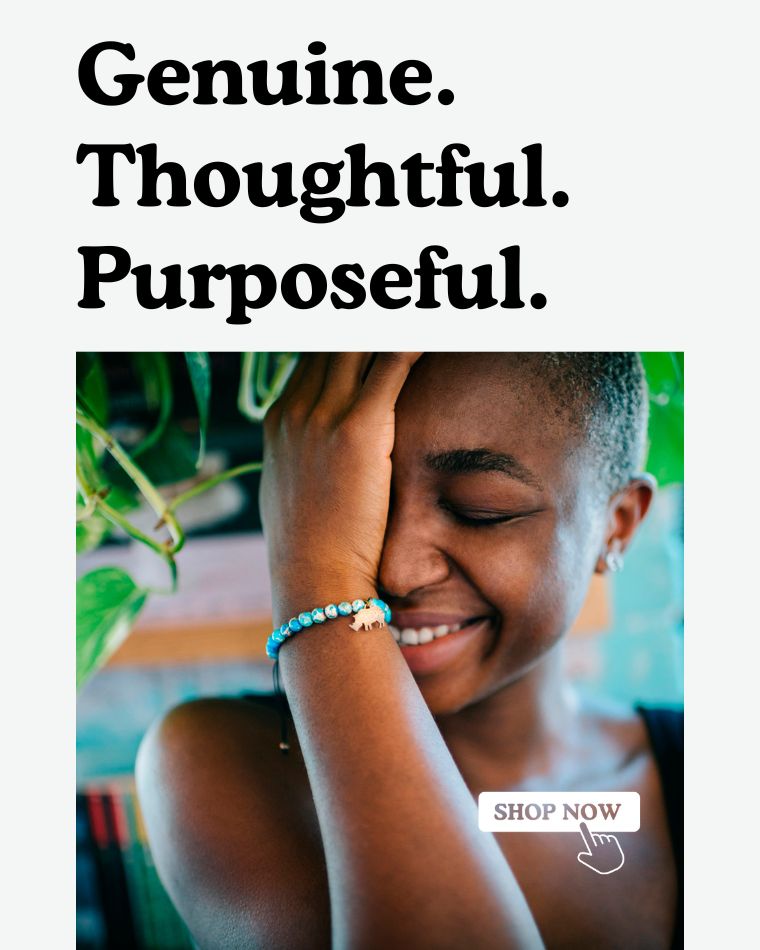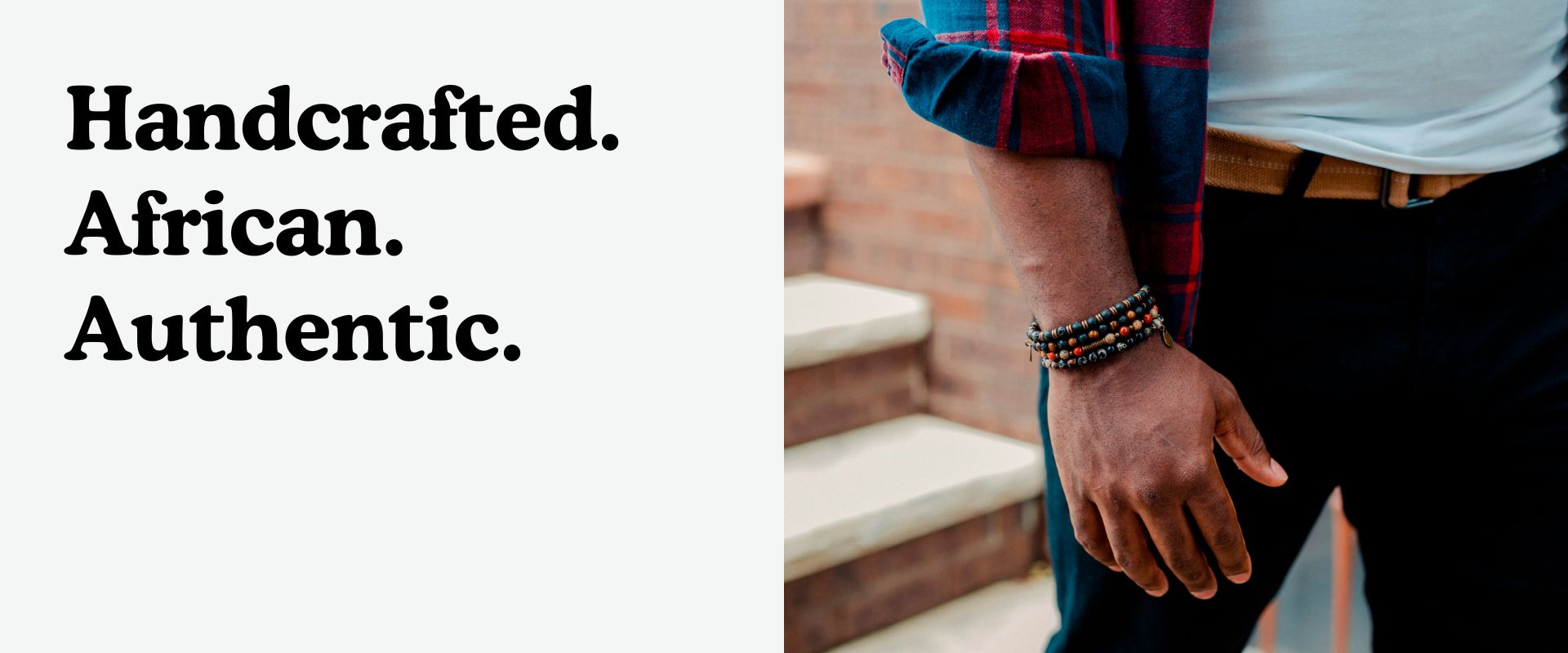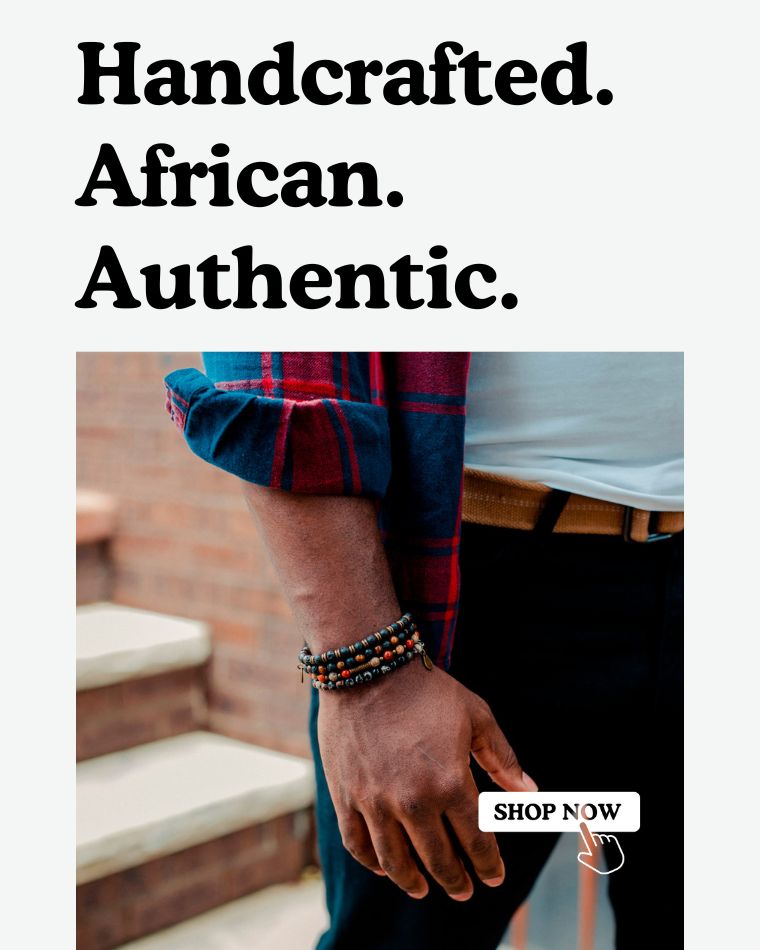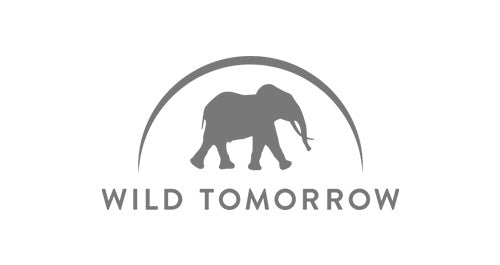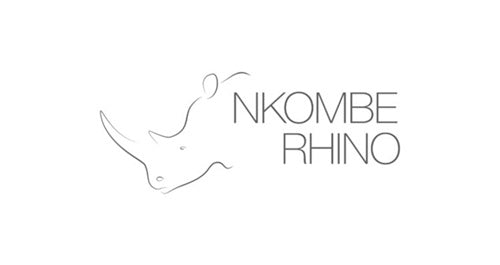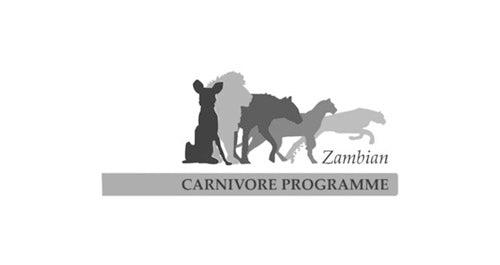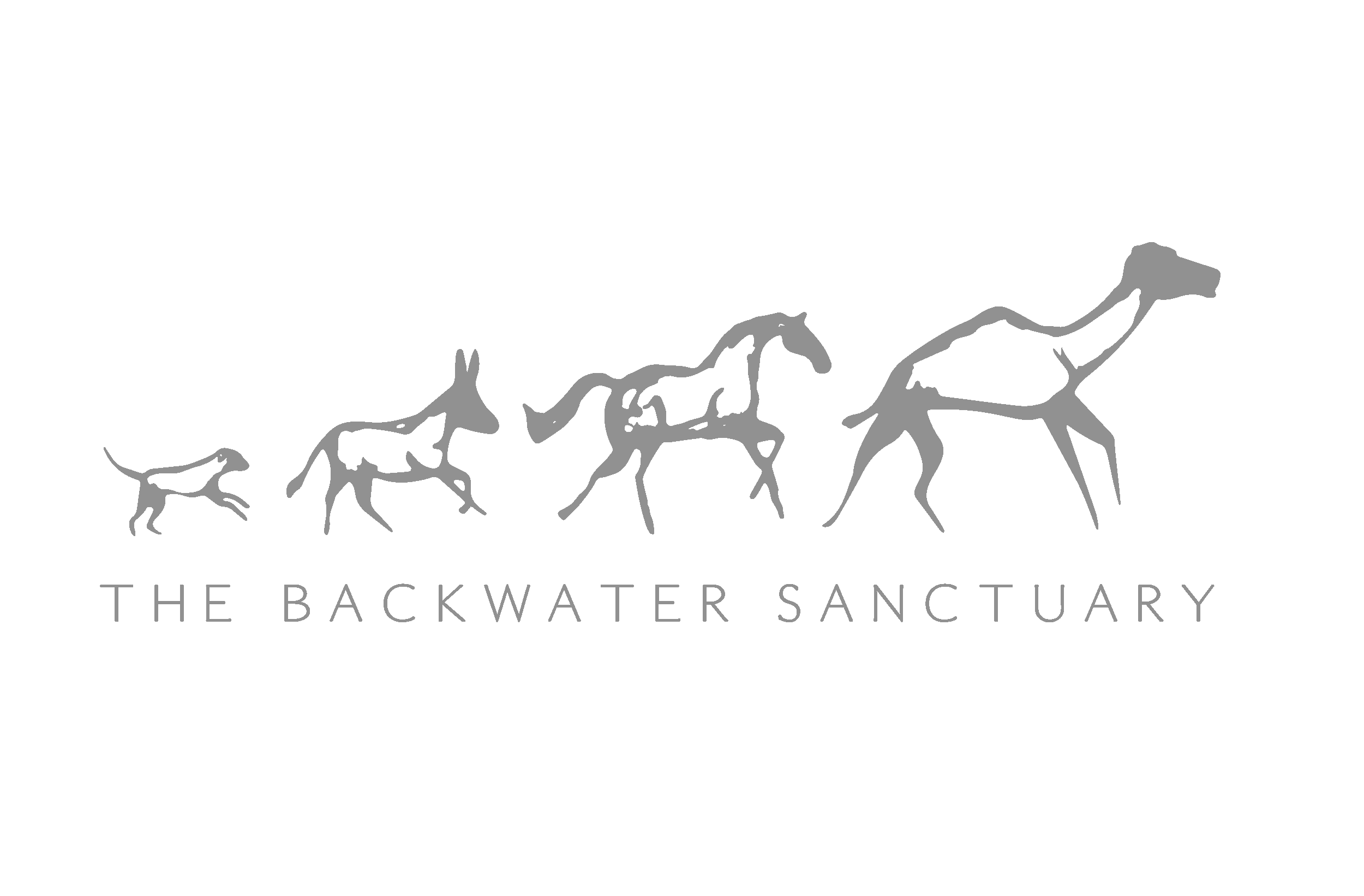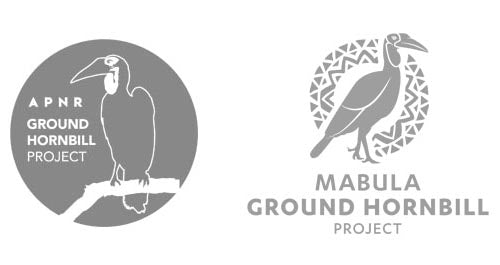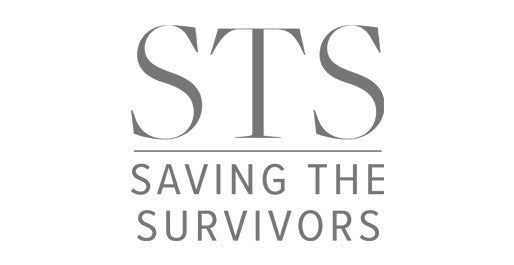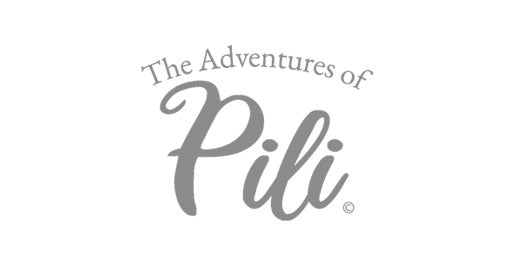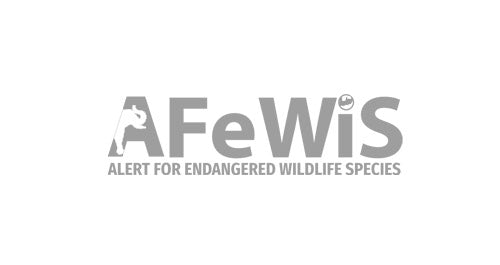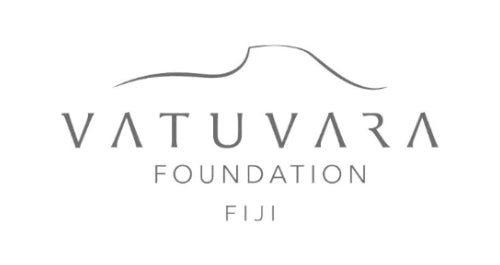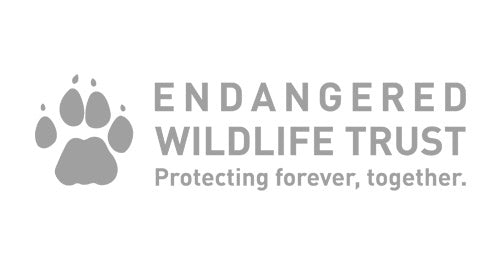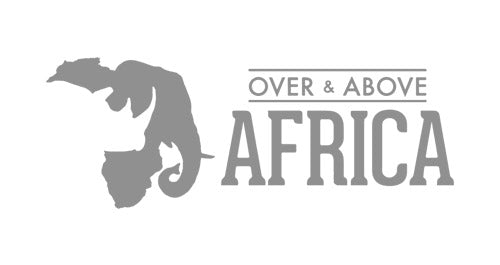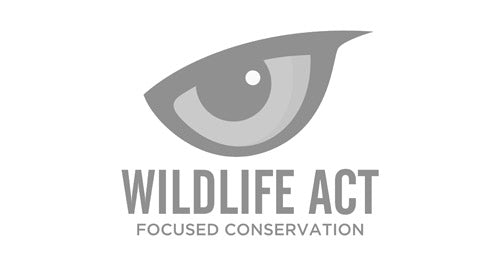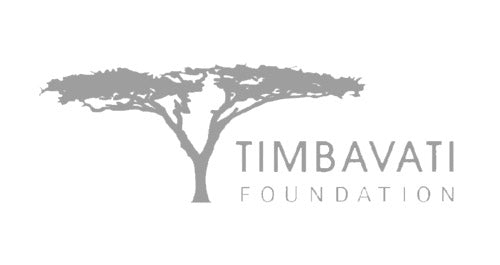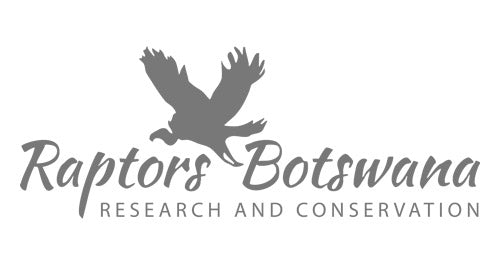Want 10% off?
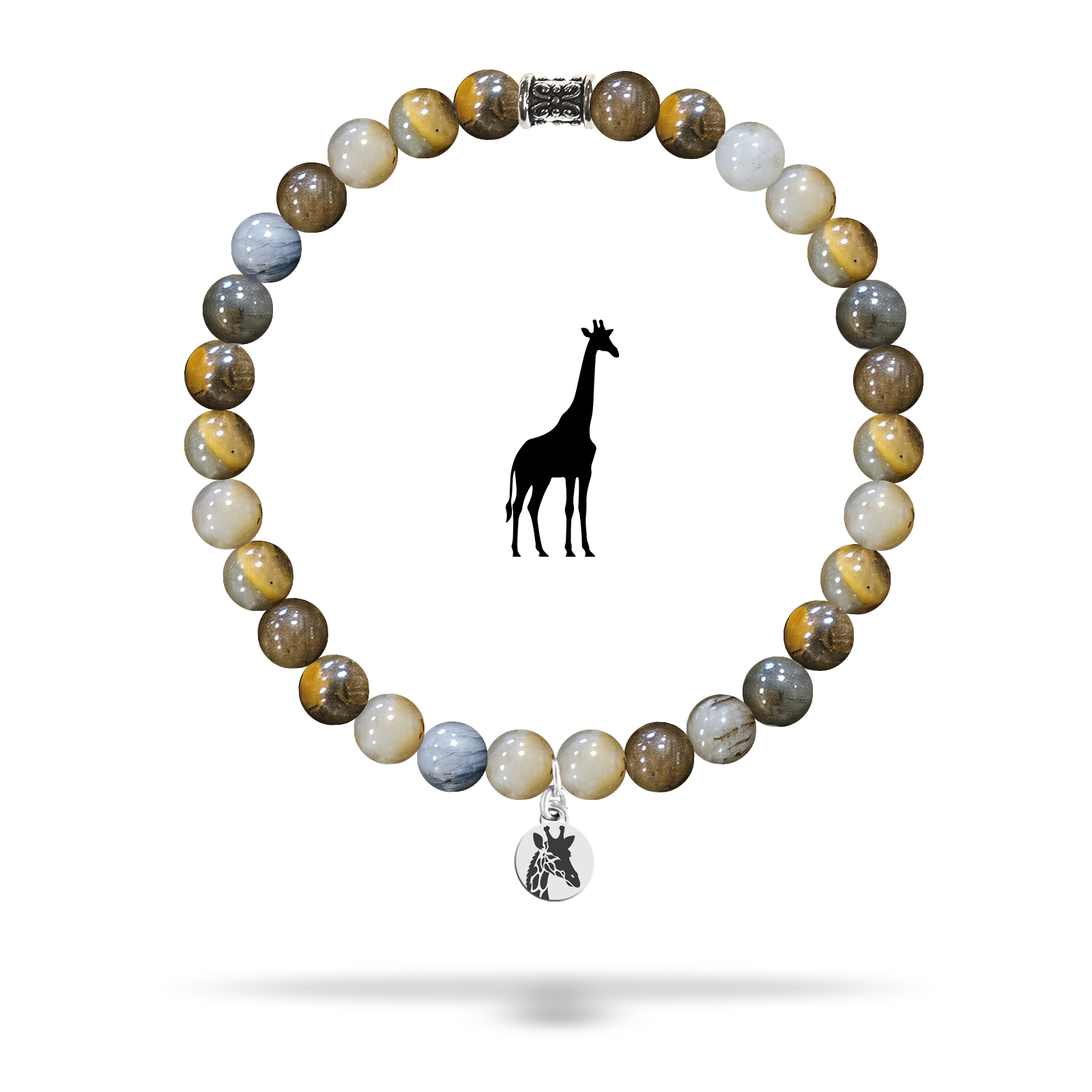
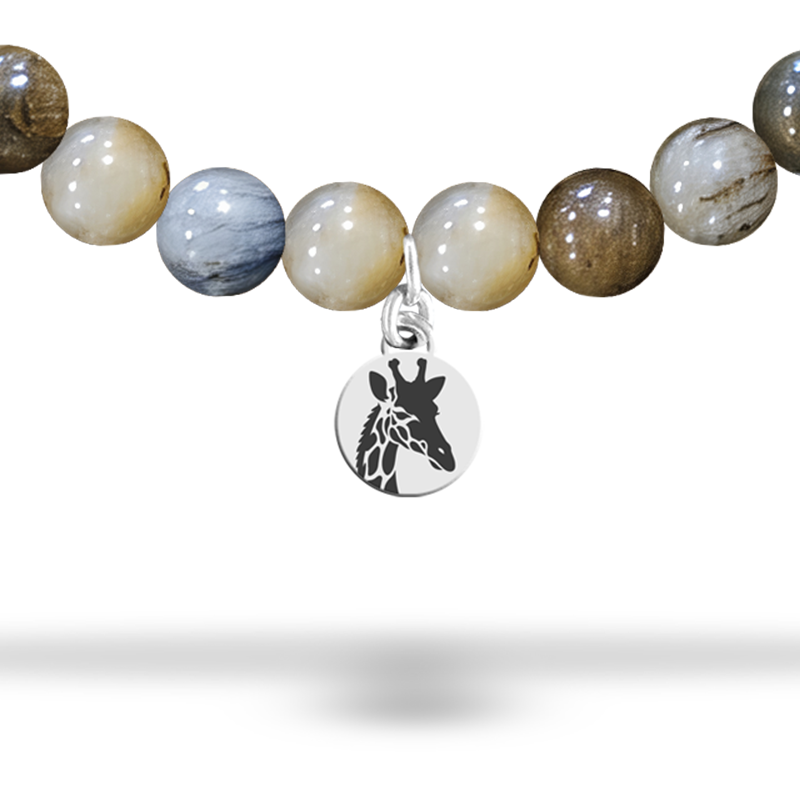
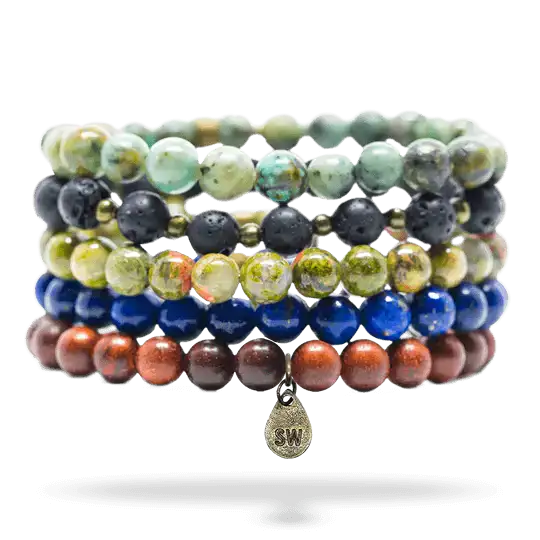
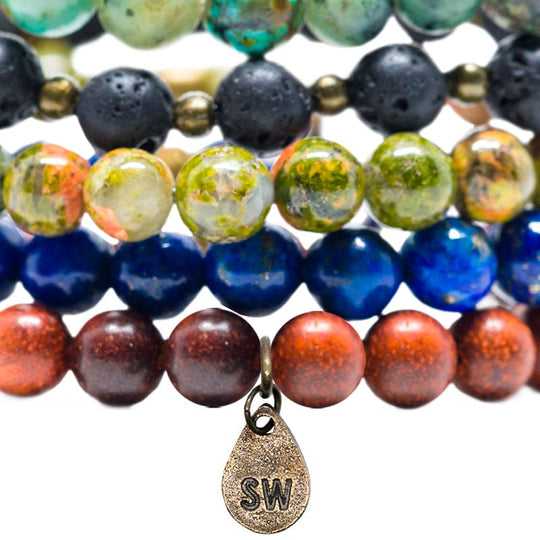
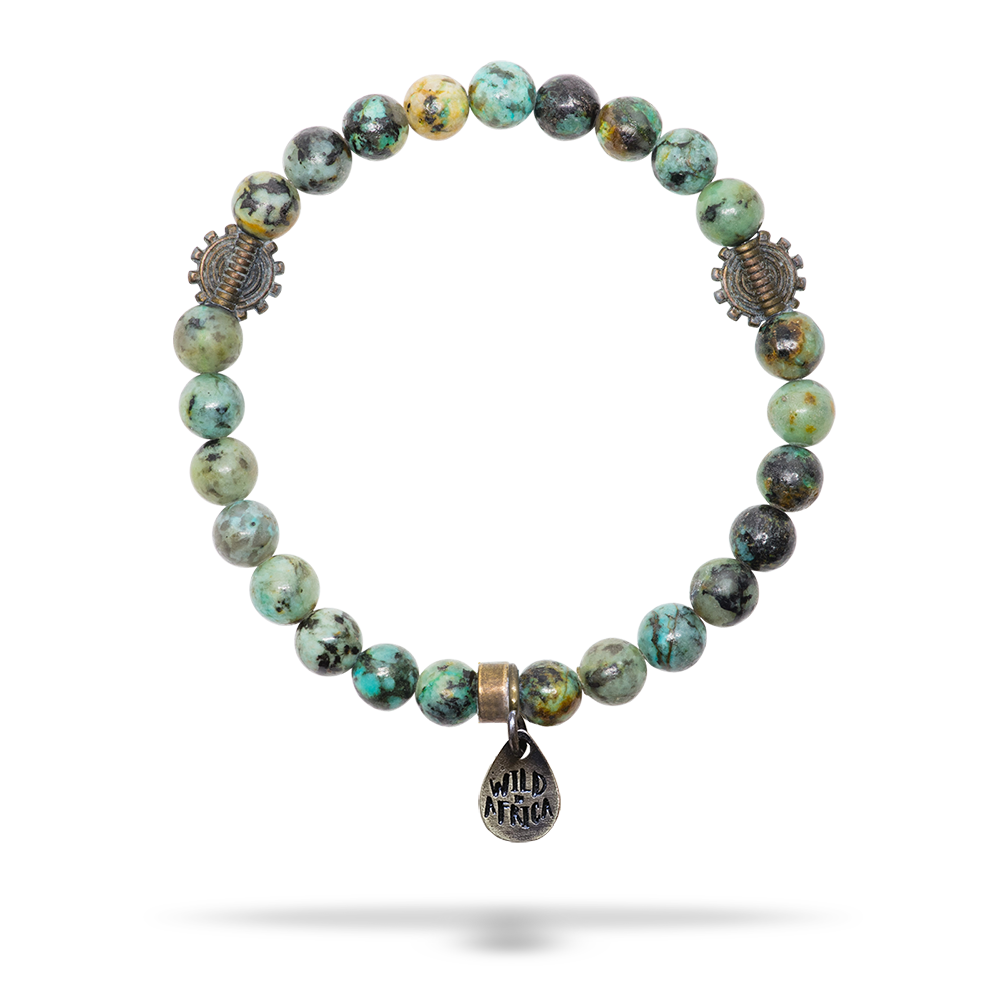

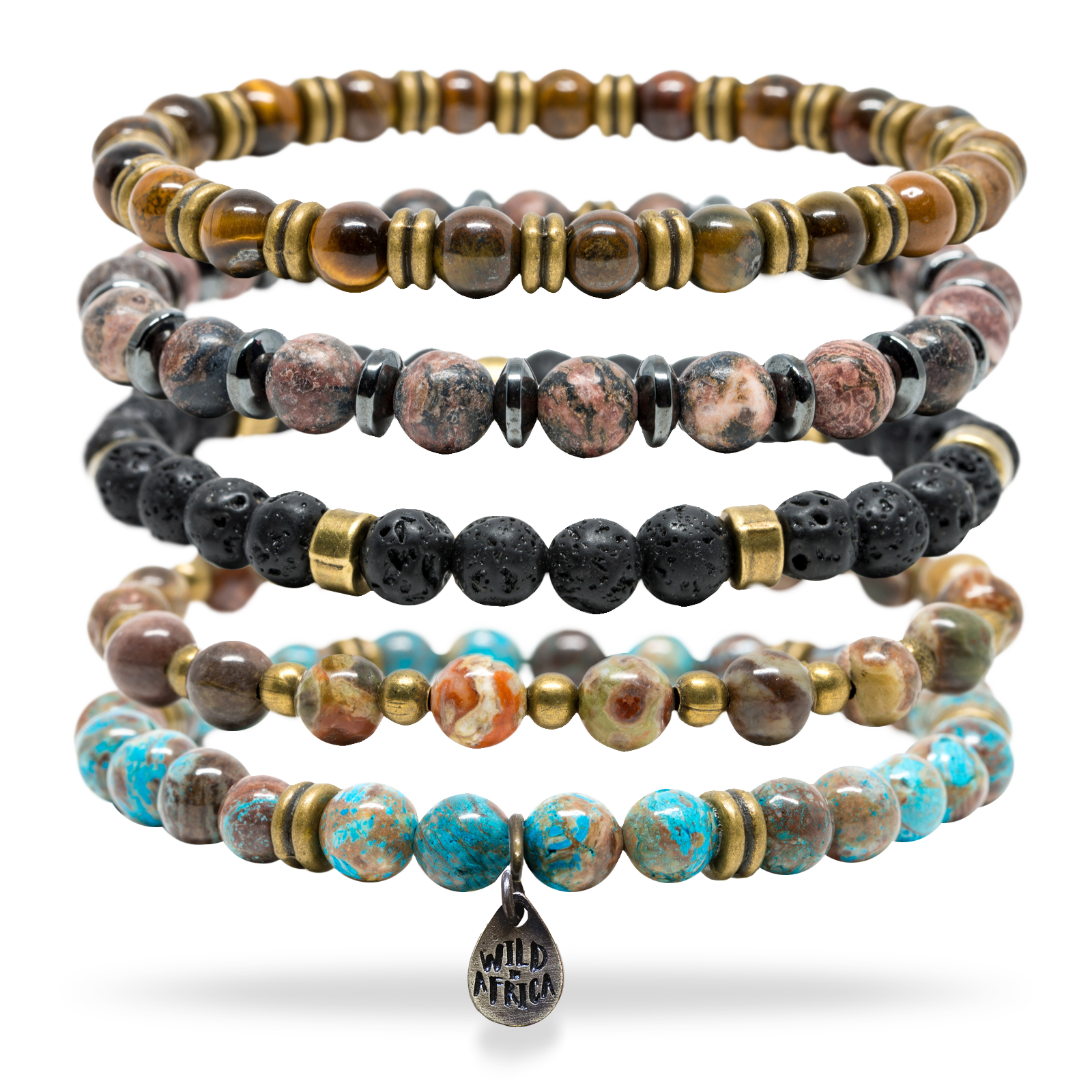
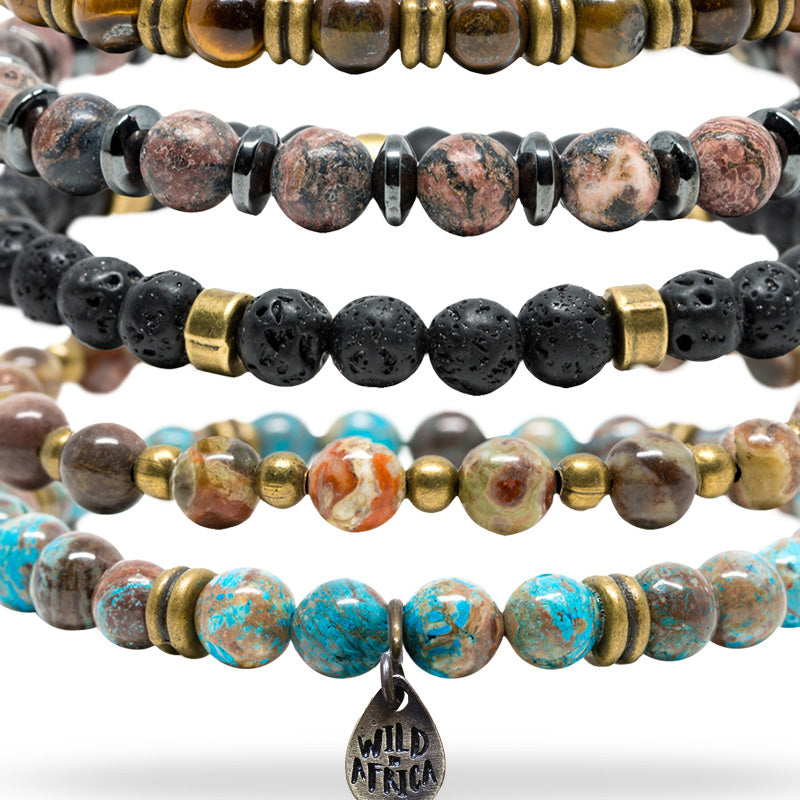
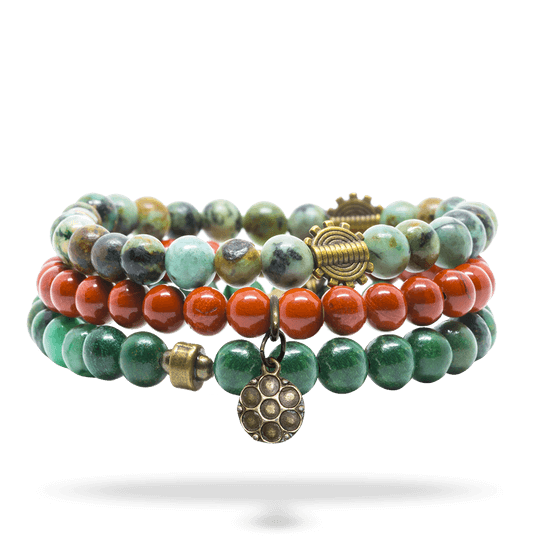
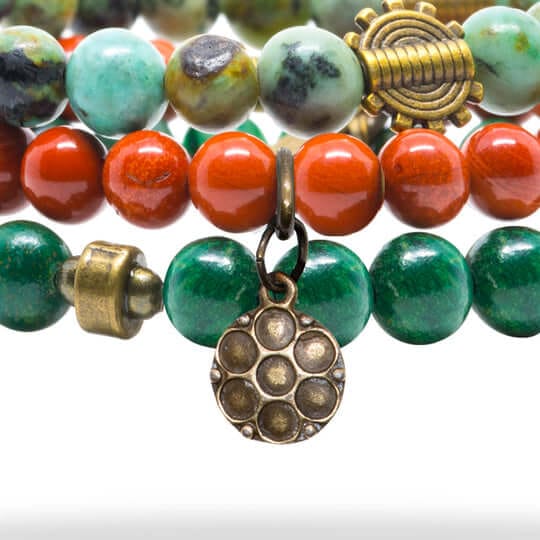
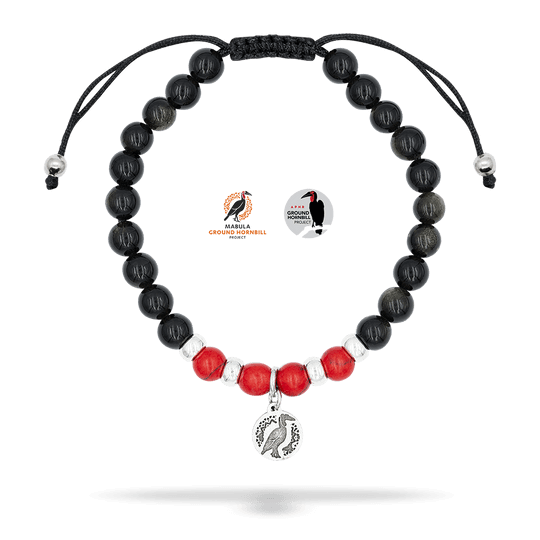
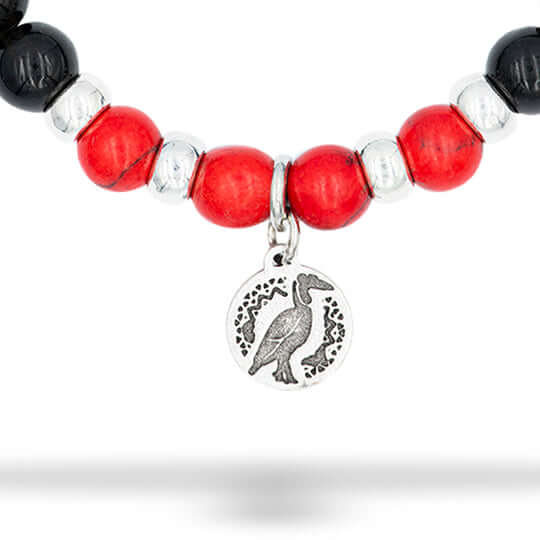
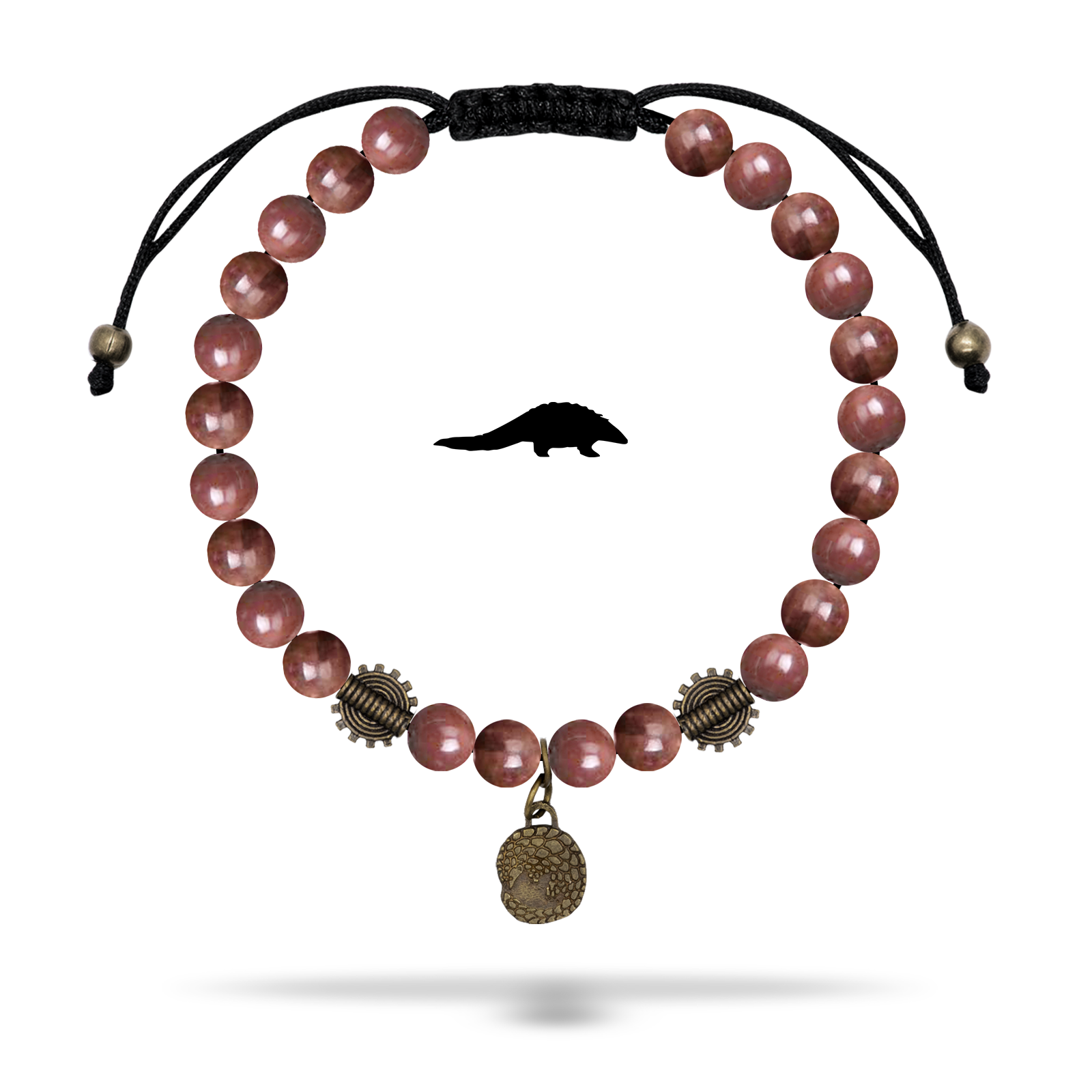

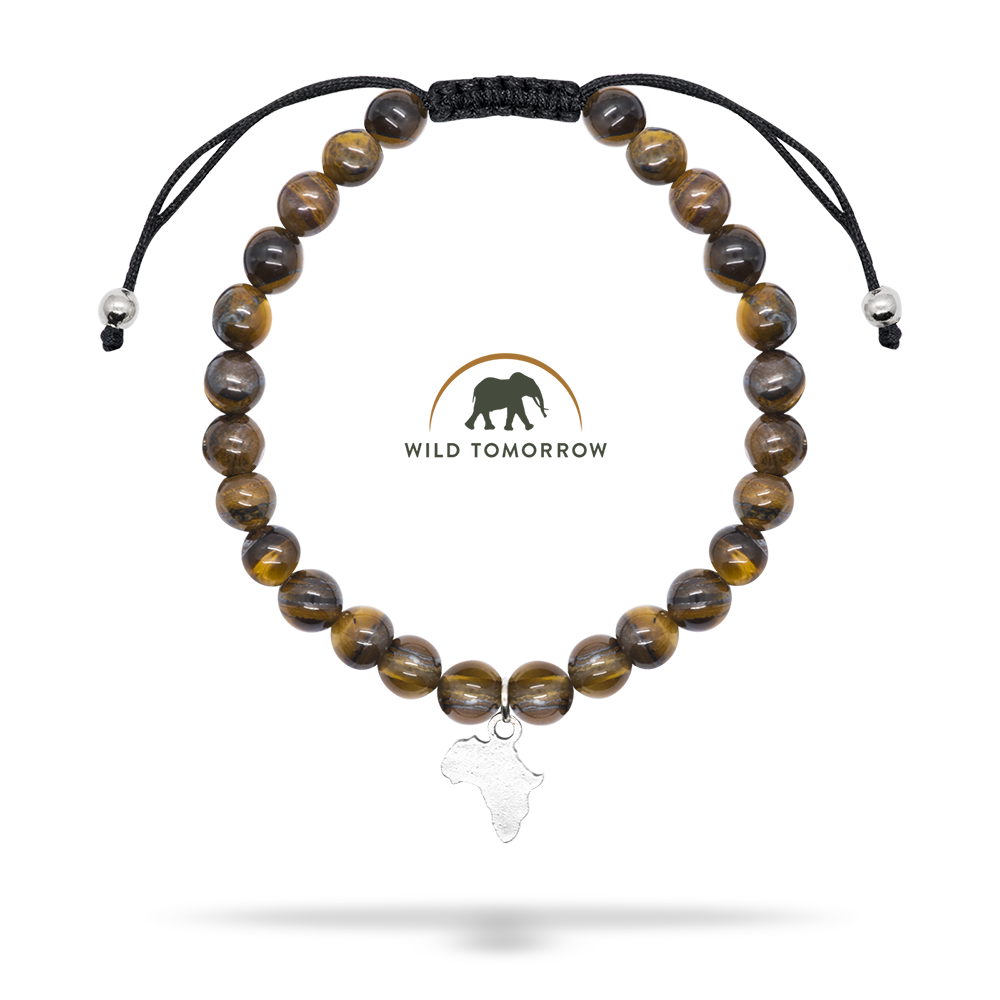
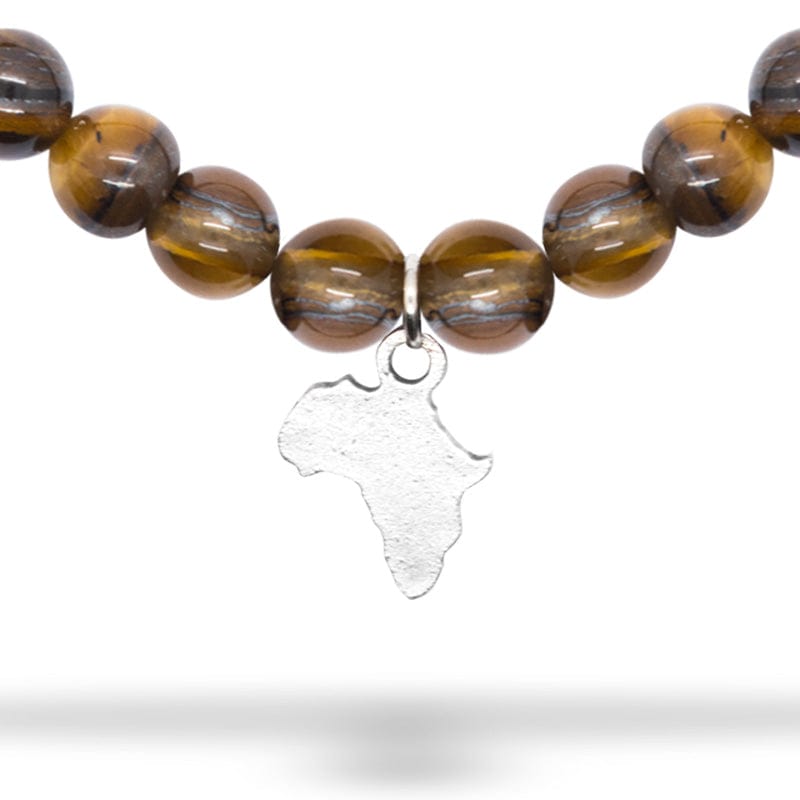
How are we different?
. . . . . . . . . . . . . . . . . . . . . . . . . . .
Genuine Stones, Not Synthetic!
No plastic or synthetics like our competitors, no exceptions!
. . . . . . . . . . . . . . . . . . . . . . . . . . .
Handcrafted, Not Mass-Produced
Each piece is meticulously handmade from start to finish.
. . . . . . . . . . . . . . . . . . . . . . . . . . .
Fair Wages, Modern Workshop
Our beaders earn a living wage and work in our air-conditioned, contemporary studio.
. . . . . . . . . . . . . . . . . . . . . . . . . . .
50% of profits donated
Our commitment to conservation is unrivalled.
. . . . . . . . . . . . . . . . . . . . . . . . . . .
Designed with Purpose
Every piece is designed by Shannon Wild, National Geographic filmmaker and founder of Wild In Africa.
. . . . . . . . . . . . . . . . . . . . . . . . . . .
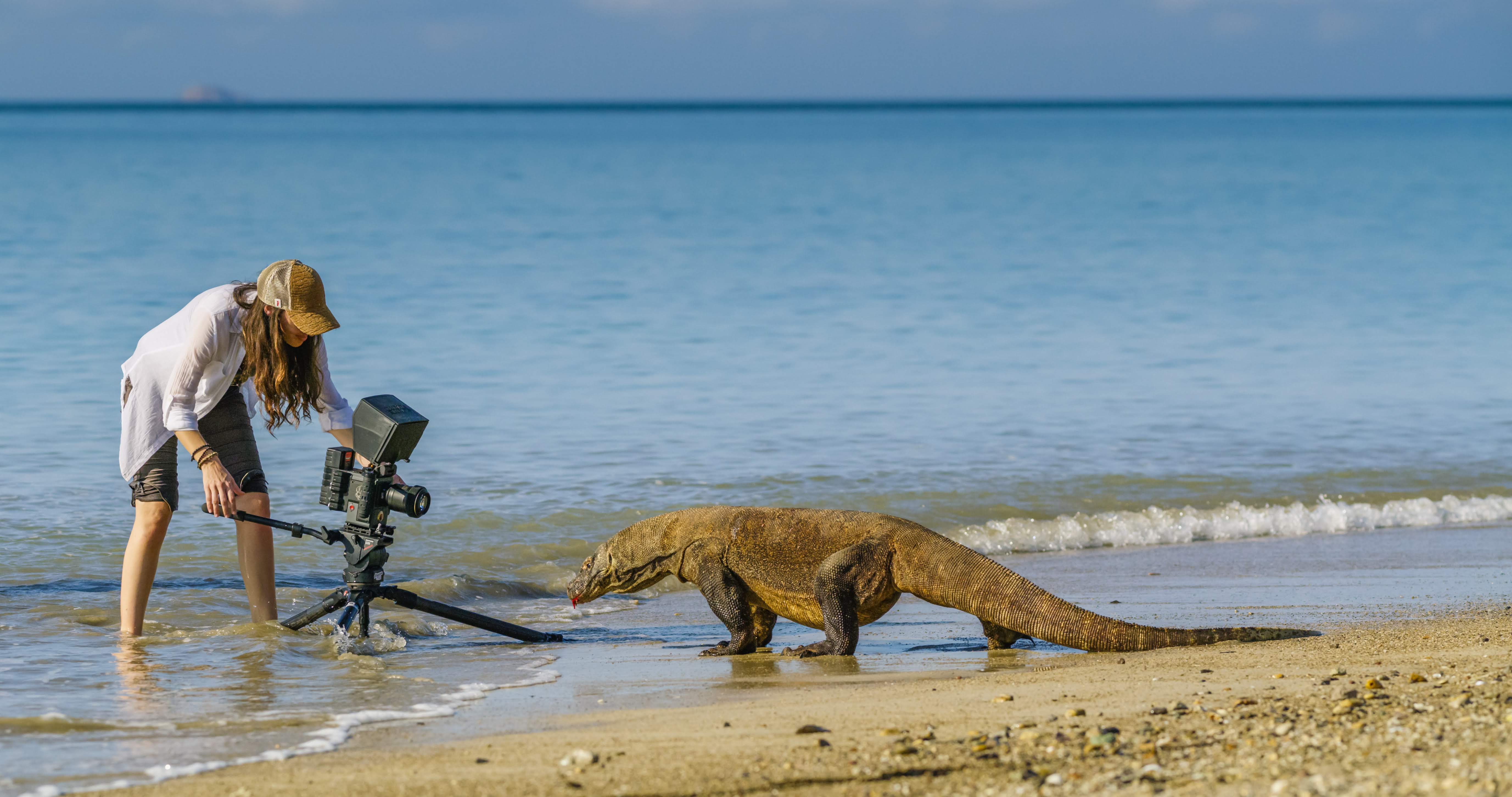
How it started ...
Wild In Africa was founded by Shannon Wild, a National Geographic filmmaker, who was inspired to start the brand following a life-threatening experience while on assignment in Kenya. After spending six months bedridden and a long recovery ahead, Shannon was determined to still make a positive impact on wildlife conservation.
We make conservation simple so you can #WearYourKarma
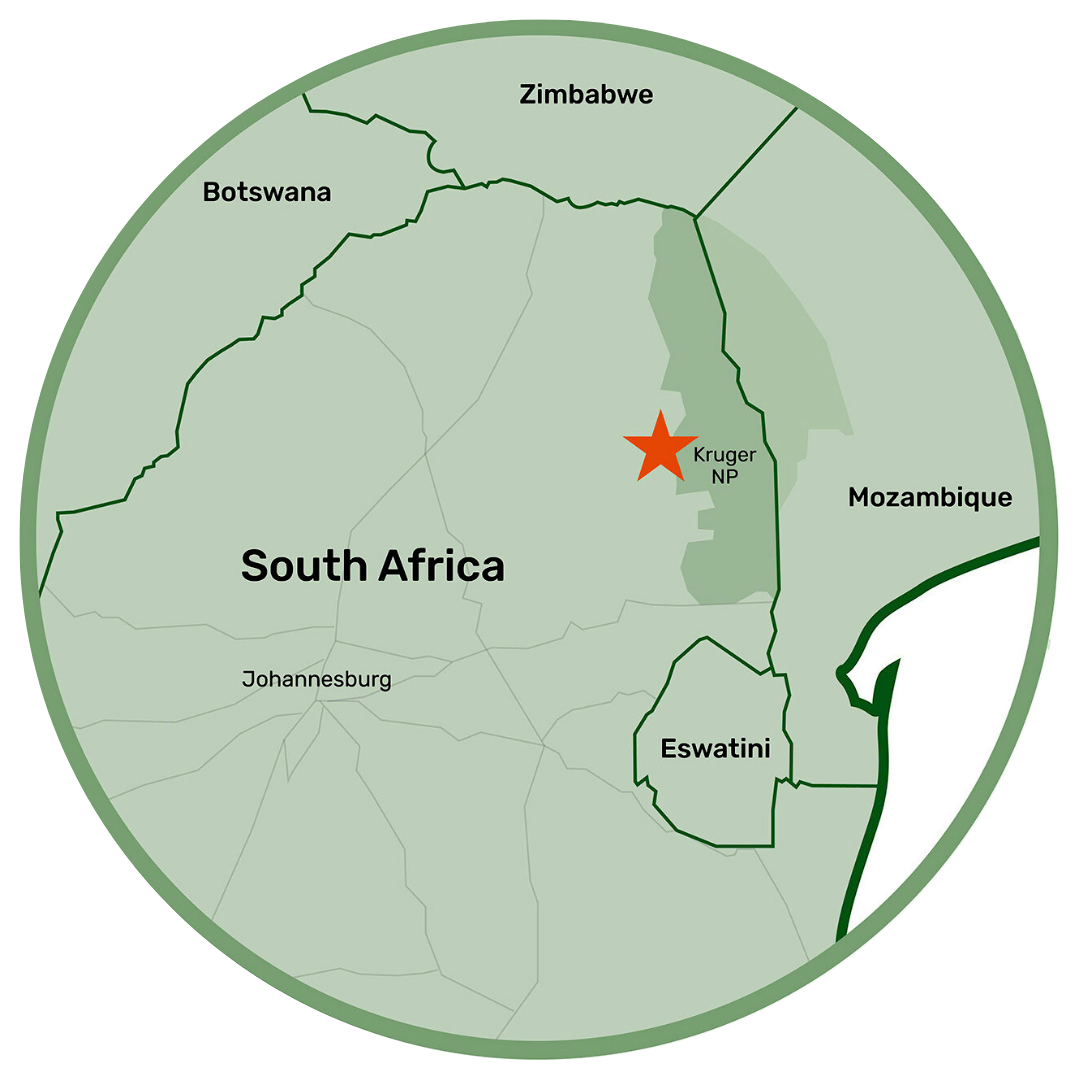
Genuine semi-precious stone bracelets and accessories crafted by hand in our studio located in Hoedspruit {pron. 'Hood-sprate'}.
A quaint bush town known as the gateway to the world famous Kruger National Park in South Africa.
Genuine Semi-precious Stones
1 Year Replacement Warranty
Supporting Wildlife Conservation
Handmade in South Africa
Recyclable Packaging
FAQ
SIZING GUIDE
+
SIZING GUIDE
+
How do I choose the right size?
Sizes are based on the bracelet circumference (measuring around the length of the bracelet).
SMALL - 7" (178mm approx.)
MEDIUM - 8" (203mm approx.)
LARGE - 9" (228mm approx.)
Measure your wrist where you want to wear your bracelets using a flexible tape measure, or make on a mark on a piece of paper wrapped around your wrist. Measure it not too tight, not too loose.
Then measure that paper length against a ruler to find out how many inches or cm it is. This is the circumference of your wrist.
Example: My wrist at its thinnest measures 6” so I wear a size 7”. Anything smaller can get uncomfortably snug and I also wear several bracelets so the width of my wrist increases as they move up my arm. I comfortably wear several stacks in size 7”. This also allows for the width of the beads themselves as well.



SHIPPING
+
SHIPPING
+
Do you offer worldwide shipping?
Yes, with some exceptions!
If you order from within the US we ship via our US fulfilment centre so no need to worry about import duties or shipping delays.
If you order from within South Africa we ship via local courier.
If you order from the rest of the world (outside South Africa or US) we ship via international courier*.
Order processing usually takes 2-5 days once order placed.
Allow 1-10 days transit depending on your location.
We offer free shipping when you spend over US$250 (ZAR 2,000 in SA)
*Please note that some countries may charge import duties, which is your responsibility.
Note: Due to customs restrictions we do not ship to some countries including India.
BRACELET CARE
+
BRACELET CARE
+
How do I care for my bracelets?
Your bracelet is waterproof, however avoid contact with other liquids such as perfumes and lotions.
Semi-precious stones vary by nature making each bracelet completely unique. Brass will naturally tarnish and patina over time due to exposure to the elements and your skin, I LOVE this natural ageing as a unique characteristic and it's one of the reasons why I love using brass.
To clean use a new, clean cloth and gently buff them clean.
We also recommend keeping your gorgeous bracelets inside the bag they arrived in, when not in use.
Is the bracelet waterproof/resistant?
Yes! Our stone and metal bracelets are waterproof, be aware that the metal components could tarnish and patina so it’s best to avoid perfumes and moisturisers.
Our wooden beads are coated but we recommend not to let them get wet as they may swell and break. This will void your 1 year warranty.
What do I do if my bracelet breaks?
We offer a 1 year warranty on all of our bracelets! If your bracelet breaks (not due to contact with liquids), please contact us through our contact page. Please be prepared to send us your first and last name, shipping address, order number, and once we respond, a picture of your damaged bracelet.

We are so grateful for the continued support of Globital Marketing

Audited for social and environmental performance throughout the supply chain.
RETAIL & STUDIO
The Farm House, R527
Hoedspruit LP South Africa
Whatsapp: +27 79 225 4988
contact@wildinafrica.store
. . . . . . . . .
HEAD OFFICE
65/2 Arbor Ave, Robina
QLD 4226 Australia




